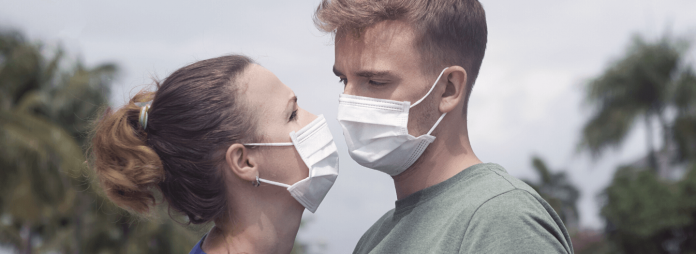Rachel and Tyler Torres made it home to the Dallas area this week. The honeymooners were on a cruise from Japan in January when there was an outbreak of COVID-19 on their ship. They spent twenty-seven days in quarantine, including fourteen days on a military base in San Antonio. “We joke now that we’ve been married fifteen years,” Rachel says.
In related news, release of the new James Bond movie will be postponed to November because of theater closures in China (which is the second biggest movie market in the world, behind the US), Italy, and South Korea. The governor of California declared a state of emergency yesterday as the number of coronavirus cases in the state rose to fifty-four. And Congress agreed to an $8.3 billion emergency spending bill to combat the epidemic.
Advice from health professionals
Coronavirus is affecting our planet in ways we have not seen in my lifetime. The Washington Post reports that “the spreading coronavirus is shaping up as a pandemic of potentially historic proportions, possibly on the scale of the global outbreak of influenza in 1957 but unlikely to be as catastrophic as the Spanish flu of 1918.”
How should we protect ourselves? Here is some advice offered by health professionals.
Let’s begin by explaining how the disease is transmitted. Droplets containing the virus are ejected from those who are sick via the mouth or nose as they cough, sneeze, laugh, sing, or talk. These droplets typically land on the floor or ground unless they hit something along the way.
To access our cells, they must enter our bodies through the eyes, nose, or mouth. (You cannot absorb them through the skin.) Experts believe sneezing and coughing are likely the primary forms of transmission. Talking face-to-face or sharing a meal could pose a risk as well.
According to the World Health Organization, viral droplets can survive on surfaces for a few hours up to several days. If we touch these…
… Read More
—
Click Read More to read the rest of the story from our content source/partners – Denison Forum.



